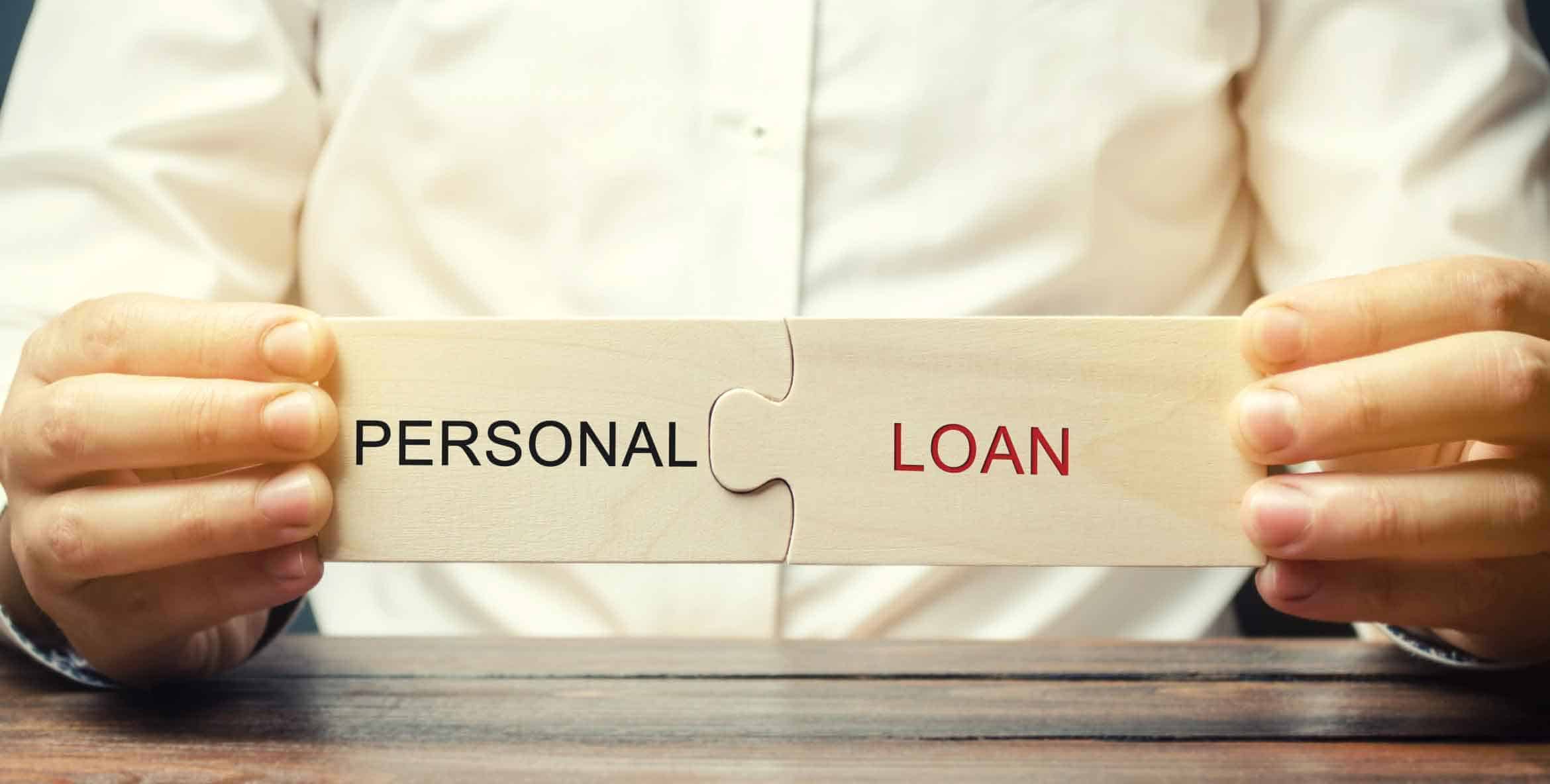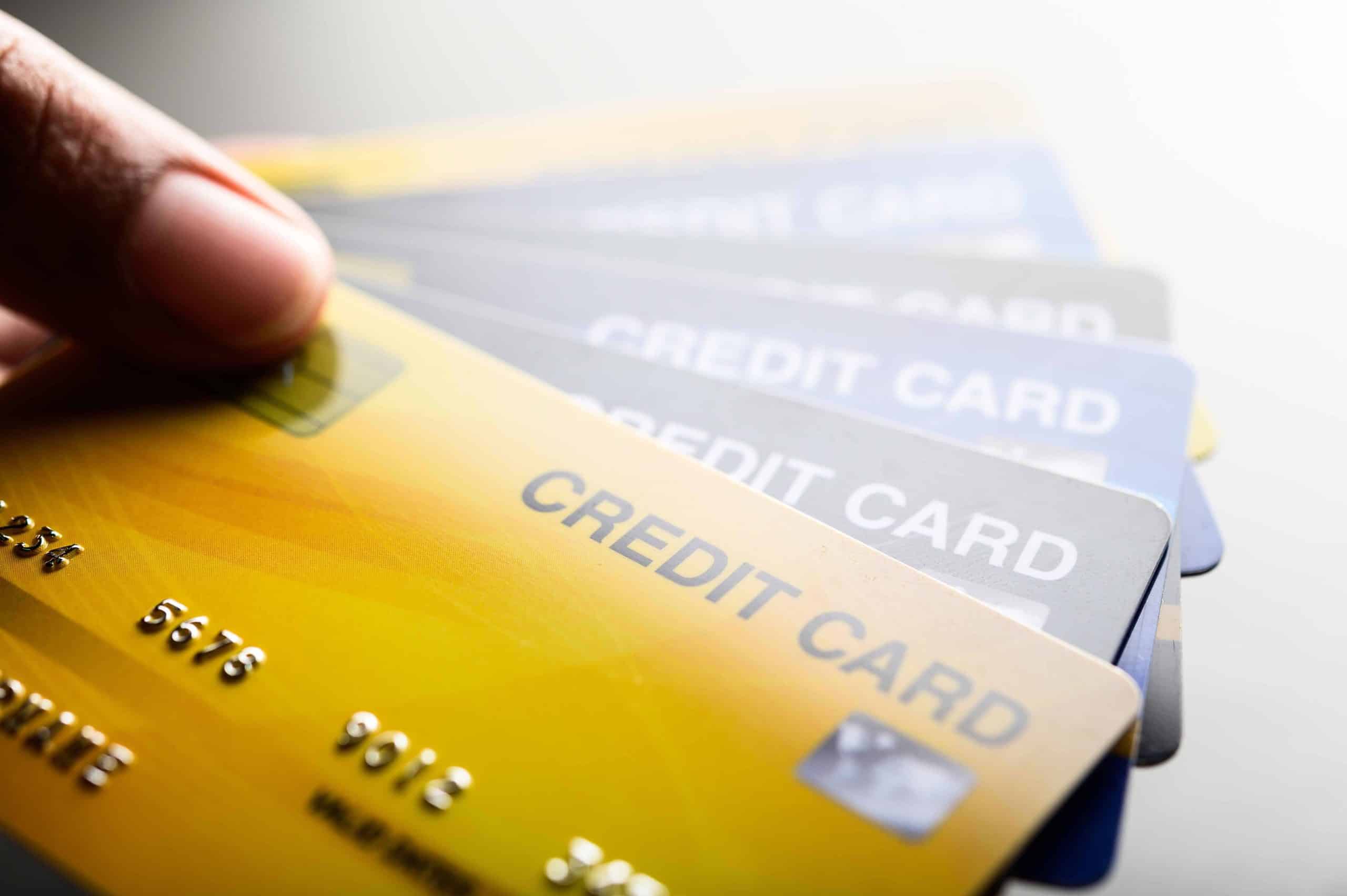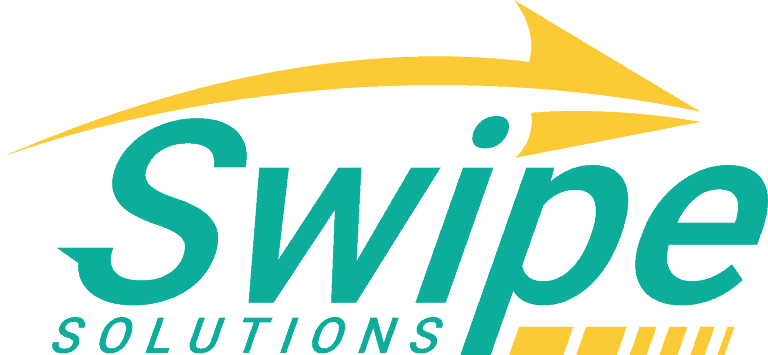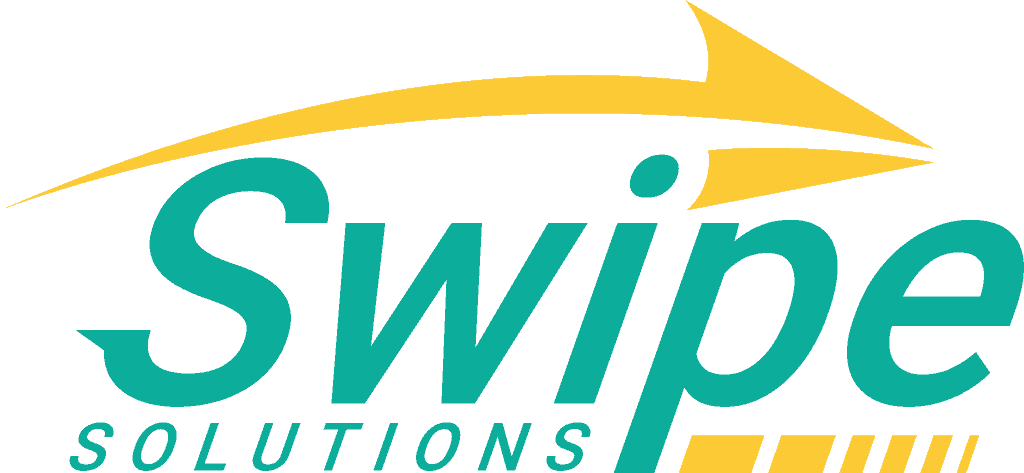8 Different Types of Loans You Should Know
Most people take out at least one loan in their lifetime. Unexpected medical bills, home repairs, and other expenses can take a toll on your bank account, and you may need to borrow money to make ends meet. When paid off quickly, loans can be a helpful way to cover unexpected expenses, and they can even improve your credit score.
If you’re considering taking out a loan, you should carefully research all of your options before making a decision. Here are eight types of loans to be aware of:
1. Secured Personal Loans

A personal loan is money borrowed from a bank, credit union, or other lender that can be used for large purchases, bills, or debt consolidation. Secured personal loans require some form of collateral, such as a car or a house, from the borrower.
Because secured personal loans require collateral, their interest rate is usually on the lower end. However, they can be risky if you’re not confident in your ability to pay back the money. Failing to pay back a secured loan could result in you losing whatever assets you pledged as collateral.
2. Unsecured Personal Loans
Unsecured personal loans can be used for the same purposes as secured personal loans, but they don’t require any collateral. If you don’t have any assets to pledge or want to avoid the risk of losing an asset, an unsecured loan could be a good option.
Unsecured loans typically have much higher interest rates than secured loans, though. You don’t have any assets at stake, so your lender cannot be as confident that you’ll pay back the debt. However, unsecured loans sometimes have lower interest rates than credit cards. Some people use them for credit card debt consolidation or to make a major purchase that they would otherwise put on a credit card.
3. Credit Card Cash Advances

Some credit card companies offer a cash advance, which allows you to borrow cash against the card’s balance. This is usually only a portion of the available balance, and most credit cards will charge you an additional processing fee.
A cash advance can be a convenient option if you need cash for something immediately, but this convenience comes at a cost. Most credit cards have high interest rates, and your debt can add up quickly if you don’t pay it off in full at the end of the month.
4. Home Equity Loans

Like a secured personal loan, a home equity loan allows you to borrow a lump sum of money if you pledge collateral. Home equity loans specifically require your home as collateral, though.
The amount available to borrow depends on your home equity, which is the difference between the value of your home and how much you owe on it. The Federal Trade Commission mandates that the greatest amount homeowners can borrow is 85 percent of their home equity value. A home is a major asset, so interest rates for these loans are usually lower than other personal loans. However, you should only consider one if you’re completely confident that you can pay it back. Defaulting on a home equity loan could result in you losing your house.
5. Title Loans
Title loans usually let you borrow 25 to 50 percent of the value of your car, but they often require repayment within a month or less. Your car is used as collateral, so failure to repay the loan could lead to your car being repossessed.
When you take out a title loan, you give your car title to the lender until you’ve paid back the debt. According to the Federal Trade Commission, the average APR is around 300 percent, which breaks down to about 25 percent interest per month. This type of loan is a good way to get fast cash in the event of an emergency, but you should only take out a title loan if you’re sure you’ll have the means to repay it quickly.
6. Payday Loans
Payday loans are short-term loans that usually require payment on your next payday. In most cases, your lender will either ask for a post-dated check or request authorization to withdraw your payment from your bank account.
Laws and regulations on payday loans vary from state to state, and some states ban them entirely. Payday lenders usually charge extremely high fees and interest rates, which can put you in a bad situation if you are unable to pay the loan back. A payday loan is one of the easiest ways to get fast cash if you can’t get another form of credit, but it should only be used as an absolute last resort.
7. Payday Alternative Loans
Payday alternative loans are similar to traditional payday loans, but they usually have slightly lower interest rates and longer repayment periods. The amount you can borrow may range from $200 to $1,000.
You can only get a payday alternative loan if you’ve belonged to a federal credit union for a month or longer. While regular payday loans require repayment within a couple weeks, payday alternative loans have payment plans of one to six months. Even though your interest rate may be lower than with a regular payday loan, interest can still accrue quickly. A payday alternative loan might be a better option if you can get approved, but it should still be a last resort.
8. Pawn Shop Loans
To get a pawn shop loan, you can bring a valuable item into a pawn shop and borrow cash based on the item’s value. Once you pay back the loan in full with interest, you’ll get the item back.
Pawn shop loans often have high interest rates, and you may lose the item if you can’t repay the debt. Interest rates and repayment periods vary from state to state. Pawn shop lenders don’t check your credit, so they can be a good option for people with low credit scores. The average loan value is only about $100, though, so it’s not your best choice if you need a large loan.
Which type of loan is best?
Everyone has different credit histories and financial needs, so your best loan option may not be the same as your neighbor’s. Borrowing with collateral will typically get you a much lower interest rate than borrowing without collateral. However, it can be risky to pledge a major asset as collateral if your finances are unstable.
If you have good credit history, a personal loan from a bank or credit union may be a safe option. If you don’t, your bank lending options may be limited. Also, if you’re unable to pledge collateral, you should expect higher interest rates and shorter repayment periods.
Whatever your financial situation is, it’s essential that you take a good look at your monthly income and expenses to determine how much you can afford to repay each month. Taking out a loan that you can’t repay is one of the most devastating financial decisions you can make.
Do you have any experience taking out a loan? What advice do you have for other borrowers?


